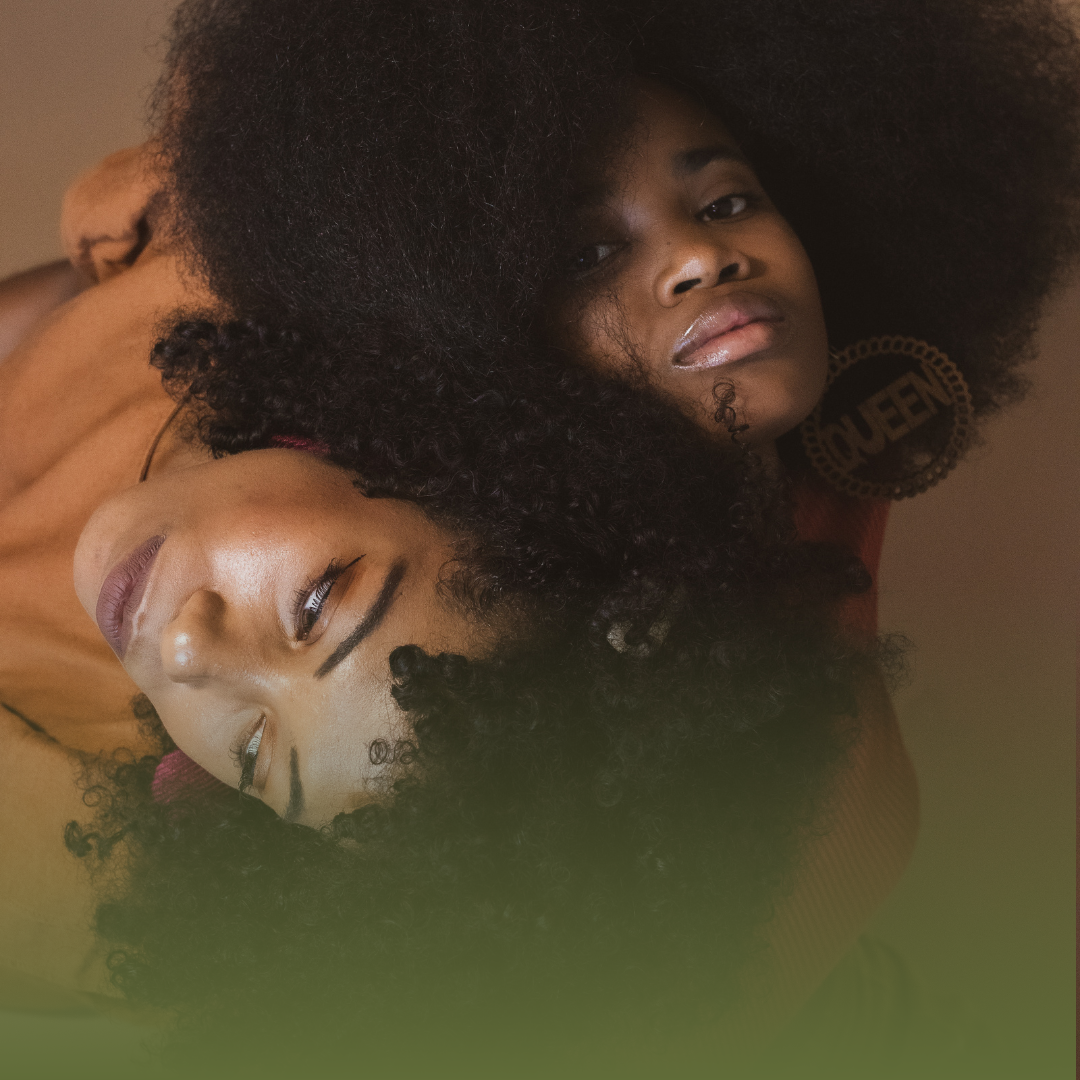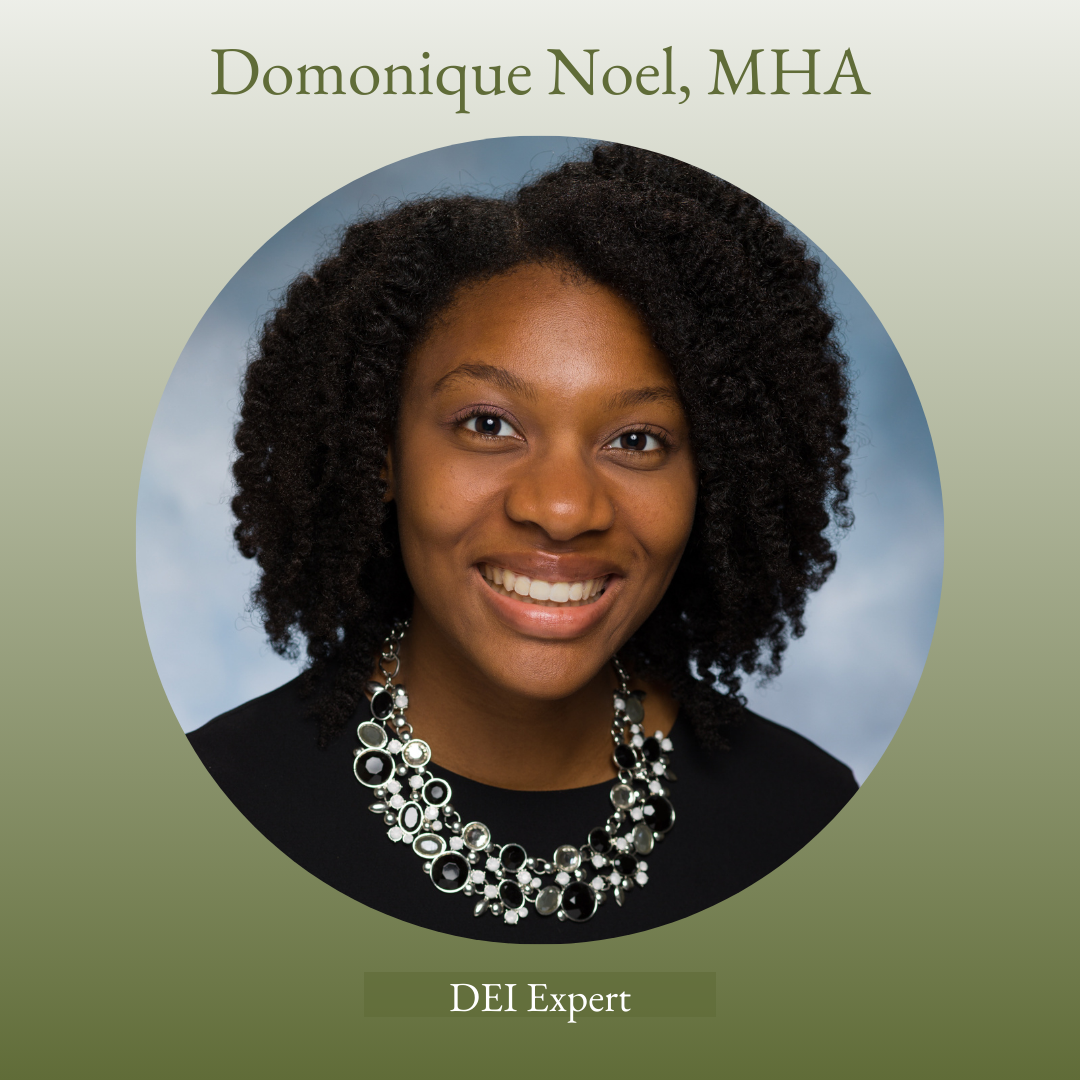Menu
WELCOME TO our blog |
|
If you would like to be a 2024 Guest Contributor, send your article less than 700 words to [email protected]. Focus areas include: mental health, physical health, financial wellness, self-care, stress management for black women. Word document or PDF only. Subject to approval by Editor.
Domonique E. Noel, MHADEI Expert If you’ve ever heard or been on the receiving end of these phrases before, you’ve encountered an issue known as colorism. Defined by the Merriam Webster dictionary as prejudice or discrimination especially within a racial or ethnic group favoring people with lighter skin over those with darker skin, this is a global issue stemming from white supremacy and European colonization. Ultimately rooted in slavery and the preferential treatment of lighter skinned slaves, in comparison to their darker skinned counterparts, colorism is a deeply ingrained and widespread issue that plagues the black community. During slavery, lighter skinned biracial slaves, who were often products of master and slave rape, were often given certain privileges, including being able to work indoors as opposed to in the fields, taught how to read and write while their peers were limited by illiteracy, and in some cases, given the opportunity to buy their own freedom. Over time, black people began to internalize this unfair treatment, leading to a lighter skinned higher social class after the abolishment of slavery, and the continued association of skin tone with proximity to whiteness. Black women and girls still suffer under a social narrative that tells us our value and desirability is tied up with our specific skin tone. Many of us have stories and experiences of being treated differently or hearing colorist microaggressions in childhood or being expected to avoid prolonged sun exposure for fear of getting darker. Some of us never even gave our skin tones a second thought until someone activated negative thoughts in our heads, oftentimes without being conscious of their own internalized anti-blackness. Learned fear of rejection or mistreatment often carries into adulthood, as many darker-skinned black women often feel the need to edit their behavior in the workplace for fear of being labeled angry or aggressive. Despite being a widespread issue, there is an often unspoken pressure to avoid acknowledging the existence of colorism for fear of being gaslit, accused of being jealous of light skinned people for speaking out against anti dark skinned sentiment, or making (white) people uncomfortable. This has numerous implications for black women’s mental health, as we are forced to balance the desire for equal treatment with fear of not being accepted or losing out on opportunities. Navigating colorism is a stressful endeavor in itself because it can lead to feelings of being unsafe, unworthy and overlooked. Knowing that we will automatically be judged based on how light or dark our skin is often makes black women feel we have to work harder just to be accepted. This added pressure to make others comfortable and constantly edit our actions and behaviors can be mentally exhausting, especially knowing that we will still face some level of scrutiny and criticism regardless of how we act. Dealing with overt or perceived judgment based on skin hue is often accompanied by a feeling of hypervigilance and a sense of isolation. Successfully addressing colorism starts with creating more spaces within our personal and professional lives where this issue can be talked about openly and honestly. Since stigma is a major barrier to addressing this issue, creating these spaces is essential in encouraging a sense of psychological safety. It is also important to call out colorist microaggressions by challenging the person saying them and encouraging awareness of unconscious biases. These strategies are essential starting in childhood in order to prevent added stress in adulthood. Initiating and encouraging more opportunities to talk about colorism is paramount in empowering and supporting black women and girls of all shades and dismantling barriers to equal treatment.
0 Comments
Your comment will be posted after it is approved.
Leave a Reply. |
Healing Black Womenis a safe space designed to encourage and promote all forms of wellness and healing for black women. Category
All
|
The content for Healing Black Women is not intended to be a substitute for professional medical advice, diagnosis, or treatment, and does not constitute medical or other professional advice. In addition, the views and opinions expressed in panel discussions are those of the panelists and do not necessarily reflect the official policy or position of Healing Black Women, Healing Black Women's Founder, or Healing Black Women's Contributors. See full disclaimer HERE
Site powered by CD GLOBAL CONTRACTING LLC


